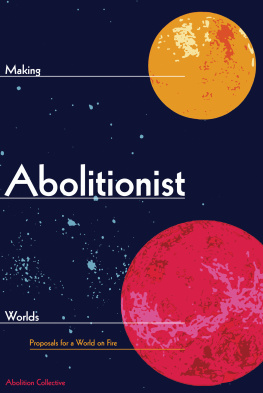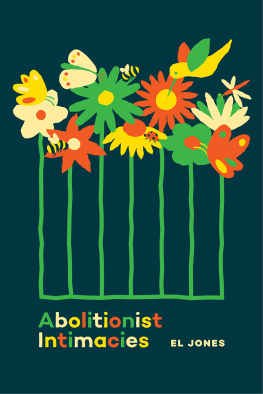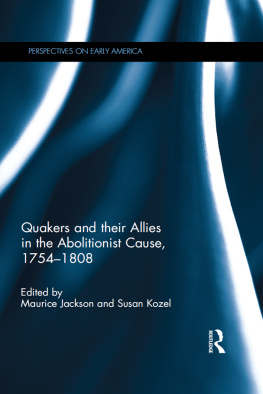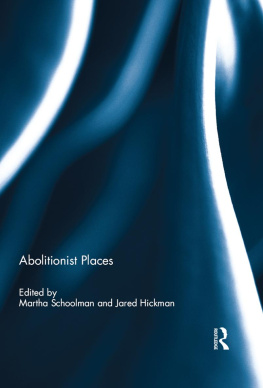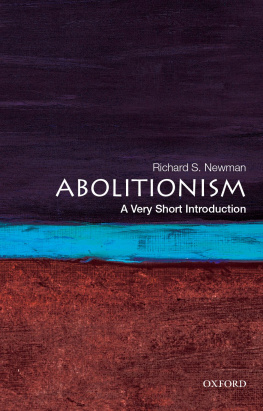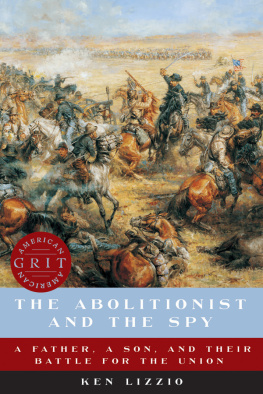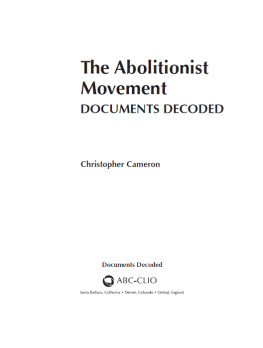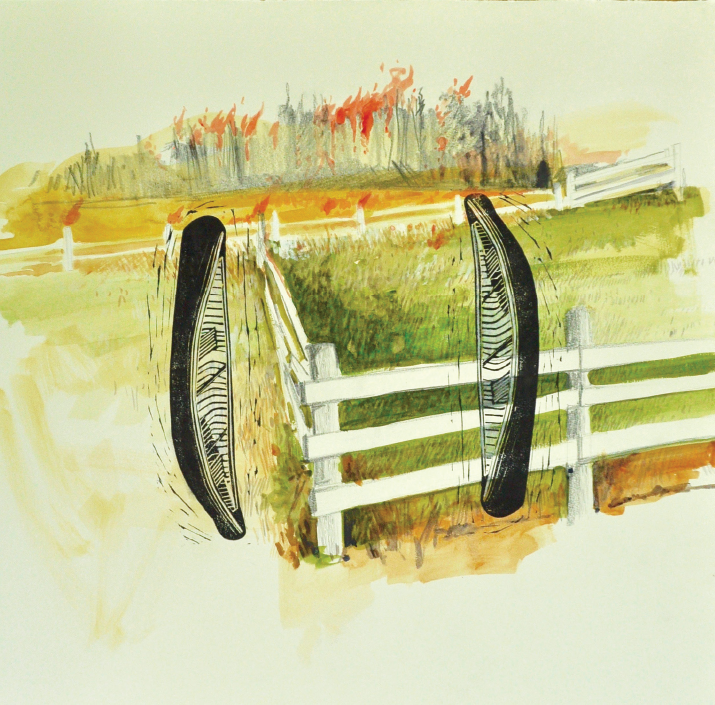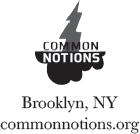Contents
Page List
Guide
ADVANCE PRAISE
This brilliant and absorbing collection of rigorous research articles, thoughtful political interventions, and innovative artworks is immensely important to the work of committed scholars, activists and organizers. There is much that teaches, fortifies, motivates, and mobilizes here.
Laleh Khalili, author of Sinews of War and Trade: Shipping and Capitalism in the Arabian Peninsula and Time in the Shadows: Confinement in Counterinsurgencies
Making Abolitionist Worlds is an urgent reminder that theorizing and practicing abolition must take place across prison walls and the boundaries imposed by the colonial state, heteropatriarchy, settler colonialism, white supremacy, and capitalism. Finally, here is a journal providing a platform capacious enough to embrace the insurgent knowledge of activists, the analytical rigor of scholars, and the visionary power of artists.
Jackie Wang, author of Carceral Capitalism
As the world we know is shattering more rapidly than we might have ever imagined, comes Making Abolitionist Worlds, an urgent call to build anew. These pieces movingly remind us that liberation will not transpire solely through opposition; it demands radical inquiry, imagination, creation. This collection brilliantly illustrates a core truth: we dont need alternatives to incarceration, we need a wildly recreated society in which incarceration is unthinkable. Making Abolitionist Words will nourish and fuel struggles for transformation.
Maya Schenwar, author of Locked Down, Locked Out: Why Prison Doesnt Work and How We Can Do Better and coauthor with Victoria Law of Prison by Any Other Name: The Harmful Consequences of Popular Reforms
Making Abolitionist Worlds is a rich and compelling mixed-genre collection of radical perspectives that makes an urgent contribution to abolitionist worldmaking. Inspiring and incisive, these political interventions advance collective and transformative revolutionary praxiswhat we need, now more than ever. On fire, indeed!
J. Khaulani Kauanui, author of Hawaiian Blood and Paradoxes of Hawaiian Sovereignty and editor of Speaking of Indigenous Politics
The Abolition Journal project offers a unique, revolutionary lens through which to view, analyze, and fight against capitalism and patriarchy on the terrain of the prison-industrial complex. It aims to combine an abolitionist message with a democratic production process that prioritizes the participation of those directly affected by incarceration. What a welcome and needed approach! I am confident the project will help intellectuals build ties of solidarity across race, class, gender, nationality, and other borders that block liberation. In its finest moments, this project will help teach us, as Mumia says, to fight with light in our eyes.
James Kilgore, author of Understanding Mass Incarceration: A Peoples Guide to the Key Civil Rights Struggle of Our Time
PROPOSALS FOR A WORLD ON FIRE
Amanda Priebe
MAKING ABOLITIONIST WORLDS:
PROPOSALS FOR A WORLD ON FIRE
ABOLITION: A JOURNAL OF INSURGENT POLITICS
ISSUE 2
Abolition Collective, editors
Making Abolitionist Worlds: Proposals for a World on Fire
Abolition: A Journal of Insurgent Politics
Edited by Abolition Collective
This edition 2020 Common Notions
This work is licensed under the Creative Commons Attribution-NonCommercial-ShareAlike 3.0 Unported License. To view a copy of this license, visit creativecommons.org/licenses/by-nc-sa/3.0/.
ISBN: 978-1-942173-17-5 (print)
ISBN: 978-1-942173-38-0 (ebook)
LCCN: 2020941305
Common Notions |
c/o Interference Archive | c/o Making Worlds |
314 7th Street | 210 S 45th Street |
Brooklyn, NY 11215 | Philadelphia, PA 19104 |
www.commonnotions.org
Design and typesetting by Morgan Buck and Josh MacPhee
Antumbra Design | www.antumbradesign.org
Printed in Canada by union labor on acid-free, recycled paper.
Abolition requires that we change one thing, which is everything. When one says prison abolition, one cannot be talking about only prison. Its building the future from the present in all the ways we can.
Ruth Wilson Gilmore
Abolition: A Journal of Insurgent Politics is a collectively-run project supporting radical scholarly and activist ideas, poetry, and art, publishing and disseminating work that encourages us to make the impossible possible, to seek transformation well beyond policy changes and toward revolutionary abolitionism.
We are developing our capacity to work across carceral walls, and we encourage currently incarcerated people to send us their writings, submissions, and thoughts about this publication. Contact Abolition at:
Abolition: A Journal of Insurgent Politics
1321 N. Milwaukee Avenue PMB 460
Chicago, IL 60622
ACKNOWLEDGEMENTS
The publication working group for issue two included: Kevin Bruyneel, Jaskiran Dhillon, Andrew Dilts, Erin Hoekstra, Paula Ioanide, Brooke Lober, Brian Lovato, Naveed Mansoori, Eli Meyerhoff, Amanda Priebe, and Dylan Rodrguez. Reviewers from within and beyond Abolitions editorial review board gave invaluable feedback on articles in the issue and provided vision, inspiration, and guidance for the working group. We thank Michele Beckett and Erika Biddle for their copyediting expertise. Our comrades at Common NotionsMalav Kanuga, Ash Goh, Alexander Dwinell, Andy Battle, Morgan Buck, and Josh MacPheecontinue to be amazing, supportive, and patient. Most importantly, the collective is deeply thankful to our contributors and for their patience in seeing their work arrive in print.
CONTENTS
Robyn C. Spencer
Stevie Wilson
Shana L. Redmond
Kim Wilson
On Behalf of the Prisoners at James T. Vaughn Correctional Center
KatherineKellyAbraham
David Gilbert
Priti Gulati Cox
Paul Raekstad
Joy James
Dylan Rodrguez
Jesus Barraza and Melanie Cervantes
Robert Nichols
Mike King
Nilda Brooklyn and Adrien Leavitt
J Sebastian
Nick Estes
Shiri Pasternak
Jess X. Snow
Steven Salaita
Michelle Velasquez-Potts
Stefanie Fock
Amanda Priebe
An Interview with Amanda Priebe by Brooke Lober
INTRODUCTION
As we complete this issue of Abolition: A Journal of Insurgent Politics, the planet is literally on fire. Across Greece, Lebanon, South Korea, China, Siberia, Australia, California, and Brazil, linked processes of climate change, land exploitation, and profiteering instigate environmental degradation, and produce the conditions for devastating blazes that burn with no end in sight. With the world already on fire, 2020 also saw the emergence of a global pandemic that laid bare the oppressive structures of racial and colonial capitalism in which group-differentiated vulnerability to premature death strikes even more brutally. For a moment, at least in parts of the United States, it was as if an emergency brake was pulled and seemingly impossible things were suddenly very possible: moratoriums on evictions, spending on public health, canceling rent, the release of incarcerated people. But as soon as the race and class disparities of the pandemic became starkly cleardisparities driven by the ongoing violence of white supremacy, settler colonialism, and capitalismdemands to reopen and return to normal have threatened to overtake these possibilities. Once again, the state of emergency ruthlessly exposes Black, Brown, and Indigenous people to sickness, poverty, abandonment, and death. Yet within this infernostoked by the racial-capitalist statethere is a

